On the web page, the video cursor turns me into Rudolf with a red nose. Fitting!
In this video, I respond to two notes from Crow of Nevermore Media, in which I believe he’s finding the right answers but asking the wrong questions. In my response, I noticed that I’d done episodes on nine of the other people he’d tagged in the notes, many of which were relevant to the issues. So I’ll be embedding those videos for easy reference, rather than linking them at the end.
Here are the questions that unify everything I research and theorize:
How have malevolent systems and stories been used to make good people do bad things? How would we write the systems and stories to enable all people to take responsibility for the people and places entrusted to them?
These are related. To do bad, by my definition, is to cause suffering but to do evil is to cause others to cause suffering. So evil is only possible through having power over others. The purpose of causing others to cause suffering is to gain more power over both the victim population and the perpetrator population. Control over the latter is more complete because they’ve become complicit. They can’t question the system without experiencing the cognitive dissonance that they’ve done bad things, calling into question their identity as good people. This is the system of empire.
To do good, which I believe is our nature, is to alleviate suffering. We do this every time we smile at someone else, easing their loneliness and isolation. We do this when we cook a meal, care for a child, fix a problem, listen to someone. It’s not hard.
To do better, however, is to enable others to alleviate their own suffering. That is hard, because we need to figure out the systems and stories that have prevented them from taking responsibility in the first place. Every system starts with a story. A story of good and evil means better and worse people (not actions); it leads to a system of empire that gives some power over others.
We can’t change the system as individuals but as individuals we can challenge the stories that are their foundation. In this episode, I ask if individual choices can change the system, and I examine some of those stories.
anarchy and voluntarism
Crow posted:
Back in October, I appeared on Geopolitics & Empire with Etienne de la Boetie2, Paul Cudenec, and Hrvoje Moric.
Also in October, I wrote a piece asking the question Should Anarchists rebrand as Voluntaryists?, which generated some good discussions, including interesting comments by Iain Davis and Derrick Broze.
In this piece I argue that voluntarism should not be regarded as a synonym for anarcho-capitalism, but should be a more inclusive, flexible political identity which can be claimed by all people who believe in natural law.
I replied:
It seems to me that telling anyone else how they ‘should’ brand their identity goes against the principles of both anarchy and voluntarism (and I’m with Graham that it’s a mouthful, and more poorly understood even than anarchy.) Rather than come to agreement on labels for ourselves, I say in this piece that we need to agree to agree on a purpose, a process and a plan:
In this video, I look at Derrick Broze and the Greater Reset, comparing it to my caret system:
A movement called The Greater Reset is gaining traction, based on a 1970 libertarian philosophy called Agorism. Its members aggregate in Freedom Cells and practice counter-economics, as explained by Derrick Broze in Manifesto of the Free Humans. I give my understanding of it and the speaker event that features people I admire, like Joel Salatin, RFKjr, Tess Lawrie, James Guzman, James Corbett, Catherine Austin Fitts and Foster Gamble. But I also raise five concerns and ask the question: can you change the system by dropping out one by one or can you only drop out as a community by changing the system? I explain how my system differs and why I think it would make The Great Reset obsolete.
Crow also tags Kit Knightly, to whom I respond in this episode:
In Freedom is the Answer (What’s the Question?), James interviewed Keith Knight, Managing Editor of The Libertarian Institute and editor of The Voluntaryist Handbook, and Larken Rose, author of The Most Dangerous Superstition and creator of Jones Plantation film.
They addressed Corbett Report comments on anarchy and its feasibility as a governing system—and no, that’s not a contradiction in terms. My definition of anarchy, going back to its etymology, is rule by rules, not rule by rulers. Other terms I use for the same thing are small-scale sovereignty and community self-governance.
I am 100% in agreement with them on the goal, having spent a decade writing my book, How to Dismantle an Empire, on the specific steps to develop an anarchist system of local economics. Within that context, because I always start by defining terms, here’s what I mean by freedom:
The exclusive right of a commonwealth under 200,000 people to control the issuance, taxation and exchange rate of a local currency/ credit system backed by the properties within its borders.
So in this episode, I’ll be comparing the policy decisions I’d make for Terezania with Corbettville, Knightopia and Roseopolis.
Another person linked by Crow is Mathew Crawford. In this episode, I compared Bitcoin to the Caret System, which resulted in his post stating that I was mentally ill and doing an insulting parody. Both the original and my response to his are below:
To be clear, these may all be successful ways of weathering the interim, and that’s important. It buys us time to plan how to change the system when the time is right.
your own personal jesus
In his second note, Crow wrote:
TWO QUESTIONS FOR SECULARISTS WHO BELIEVE THAT JESUS CHRIST IS A PURELY FICTIONAL CHARACTER
To those people, I have two questions.
Are you really so sure? Most people who believe that Jesus never existed don’t seem to have seriously investigated the question.
Which is more likely - that Jesus never existed, or that the Christ Mythos was based upon a true story which was subject to later distortions, embellishments, deletions, and additions?
I’ve taken an interest in this subject for a long time, and I have concluded that it is reasonable to assume that the story of Jesus Christ was based on the life of a real flesh-and-blood person, but many of the details of his life story are up for debate, including his actual name.
In the video, I look at labeling as ‘secularists’ those who question the historicity of ‘Jesus.’ Since neither Aramaic nor Hebrew has a J in it, whether the name is authentic isn’t really a debate. Crow conflates Jesus and Christ as if they’re inseparable concepts, and that the Christ Mythos didn’t exist unless it was about the Biblical figure Jesus.
He also asks the opposing side to prove a negative, which is impossible. If they’re not sure—which only a fool would be—he takes that as a win. To ‘believe that Jesus never existed’ is mutually exclusive to ‘seriously investigating the question.’ Those who believe Jesus did exist don’t question, much less seriously investigate, which is antithetical to believing.
What would it mean if the Christos Myth is not Jesus? Perhaps it’s a story that would empower all people to throw off the shackles of empires and take back their lives in service to their communities.
In this article, Crow makes his case. I’ll respond to his proof points in a future episode:
your dogma or mine?
Another person tagged by Crow was Everything Voluntary Jack. I did this post called The Dogma of Atheism on our comment thread a year ago. I write:
In this exchange, Jack describes himself as an atheist and humanist while describing me as ‘believing’ in the transcendental and supernatural of A Course in Miracles. In our dialogue, I look at atheism as another form of dogma that doesn’t question the ‘skin-encapsulated ego’ and therefore sees all shared perception as objective reality.
The third paradigm I present is the possibility that we’re OneMind Dreaming, in which case shared perception could be the subjective illusion of a dream. This opens up the possibility that Reality, aka God, exists outside our sensory awareness. But this isn’t a belief, this is considering the possibility. …
The root of conspiracy means to breathe together, to share the same spirit. We need to think together, to share the question as a quest for the truth. And that requires analyzing our preconceptions, the paradigms in which we think before we think we’re thinking. And to be deliberate in our habits of debate.
And last, Crow links Hrvoje Morić of Geopolitics & Empire, whose interview with Mathew and Gabe I responded to above. He also interviewed Terry Wolfe, whose comments I relayed in Terry Wolfe Spits on Spirit. Although Terry couldn’t refute my points, and could only retort with insults, Hrvoje hasn’t taken up Gabe’s suggestion to do a roundtable discussion where I represent Christianity without Jesus.
So I am damned by Terry Wolfe because I don’t believe in the Bible. And I’m damned by Everything Voluntary Jack because I’m not an atheist. I’m damned by Hrvoje because I don’t believe in Satan, who lets the Rothschilds off the hook. And I’m deemed insane by Mathew because I don’t believe in Bitcoin, which also lets the Rothschilds off the hook.
When you look for the baby Christ this Christmas, look into the face of every babe you see. Each one has come to save the world. Each one is who we’ve been waiting for. Each one is the hope of the world and God’s most beloved child.
Hallelujah.




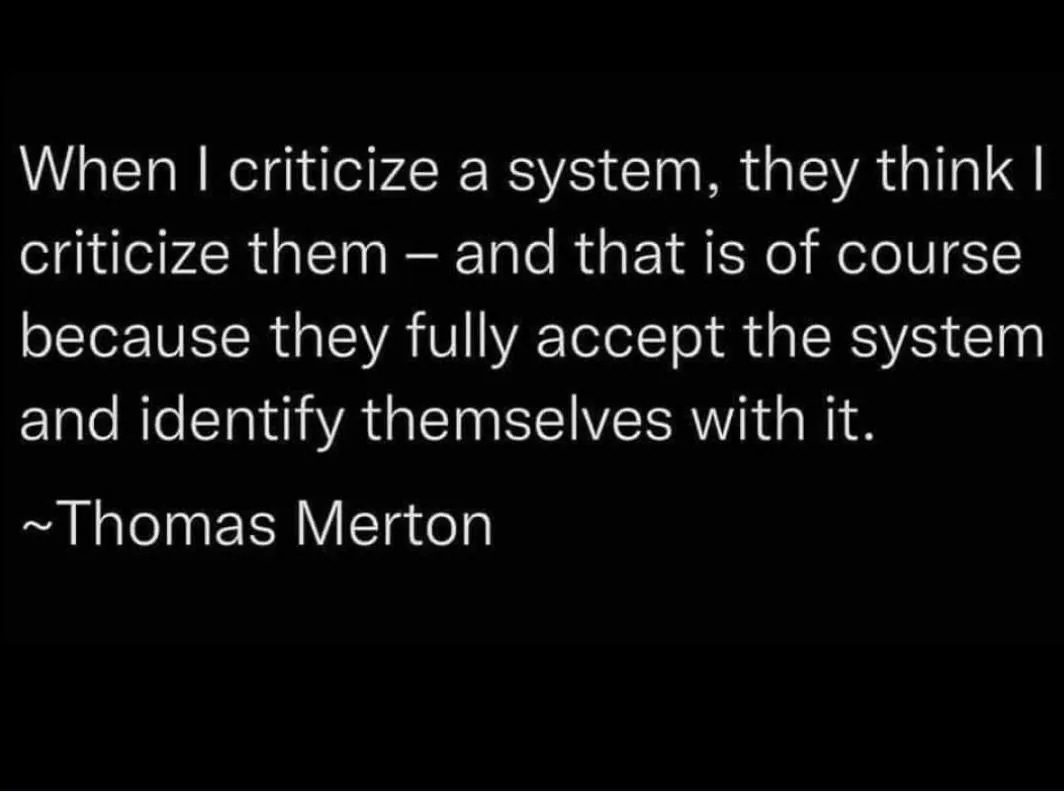
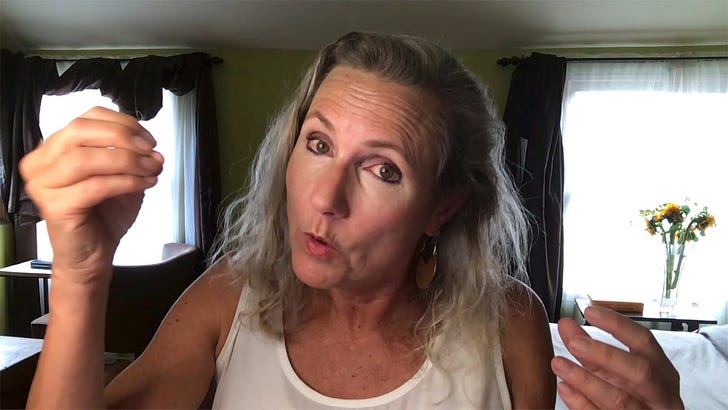
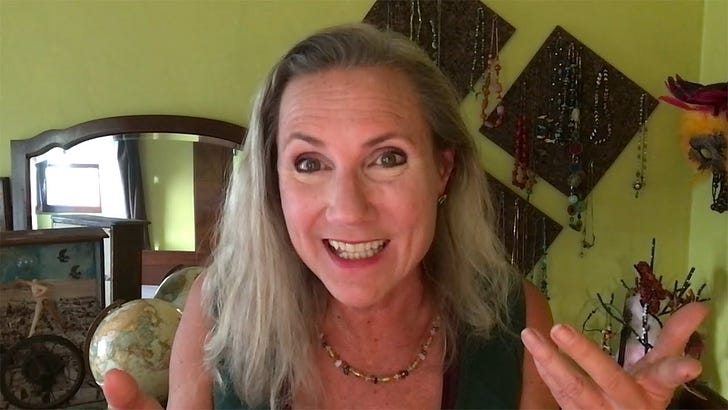
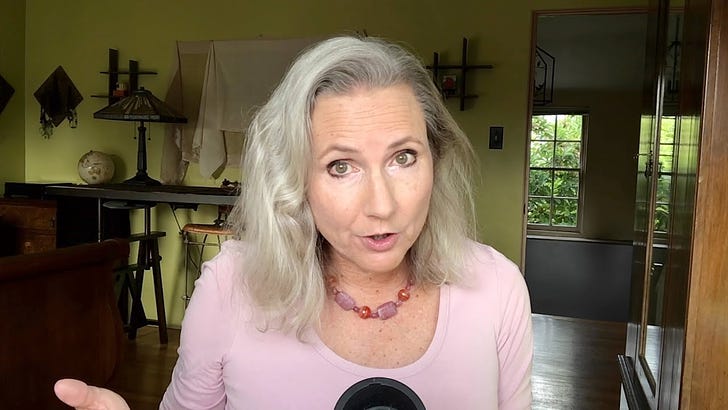

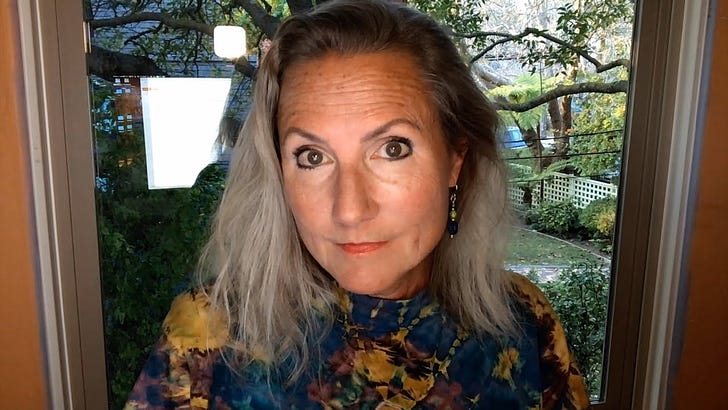

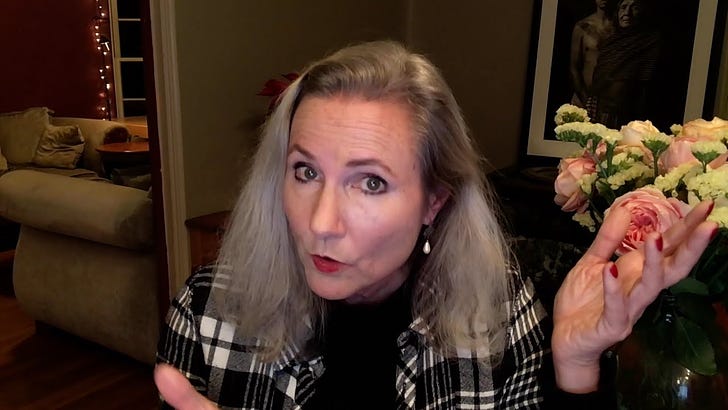
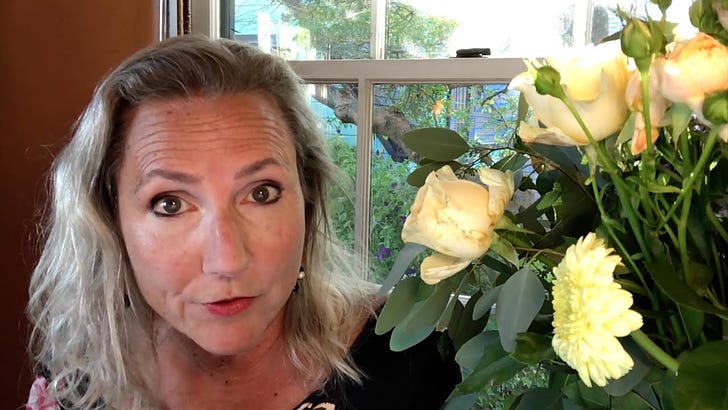
"When you look for the baby Christ this Christmas, look into the face of every babe you see. Each one has come to save the world. Each one is who we’ve been waiting for. Each one is the hope of the world and God’s most beloved child."
^THIS. ❤️💕❤️
I took another look at your exchange with Jack, and I have a question: Is it possible that our lives still have a purpose even if God doesn't exist? And that the purpose is to alleviate suffering?
The reason why these kinds of questions stump me is that I've always labelled myself as an agnostic. But recently I've had the idea that maybe God can't be detected through our senses (or our amplified senses using the kinds of instruments invented by physicists and astronomers). But perhaps God can be detected in non-sensory ways. I was raised as an Episcopalian, and Christians seems to accept this idea (they use phrases like "the still, small voice"). I used to reject this idea, but now I consider it as a possibility.